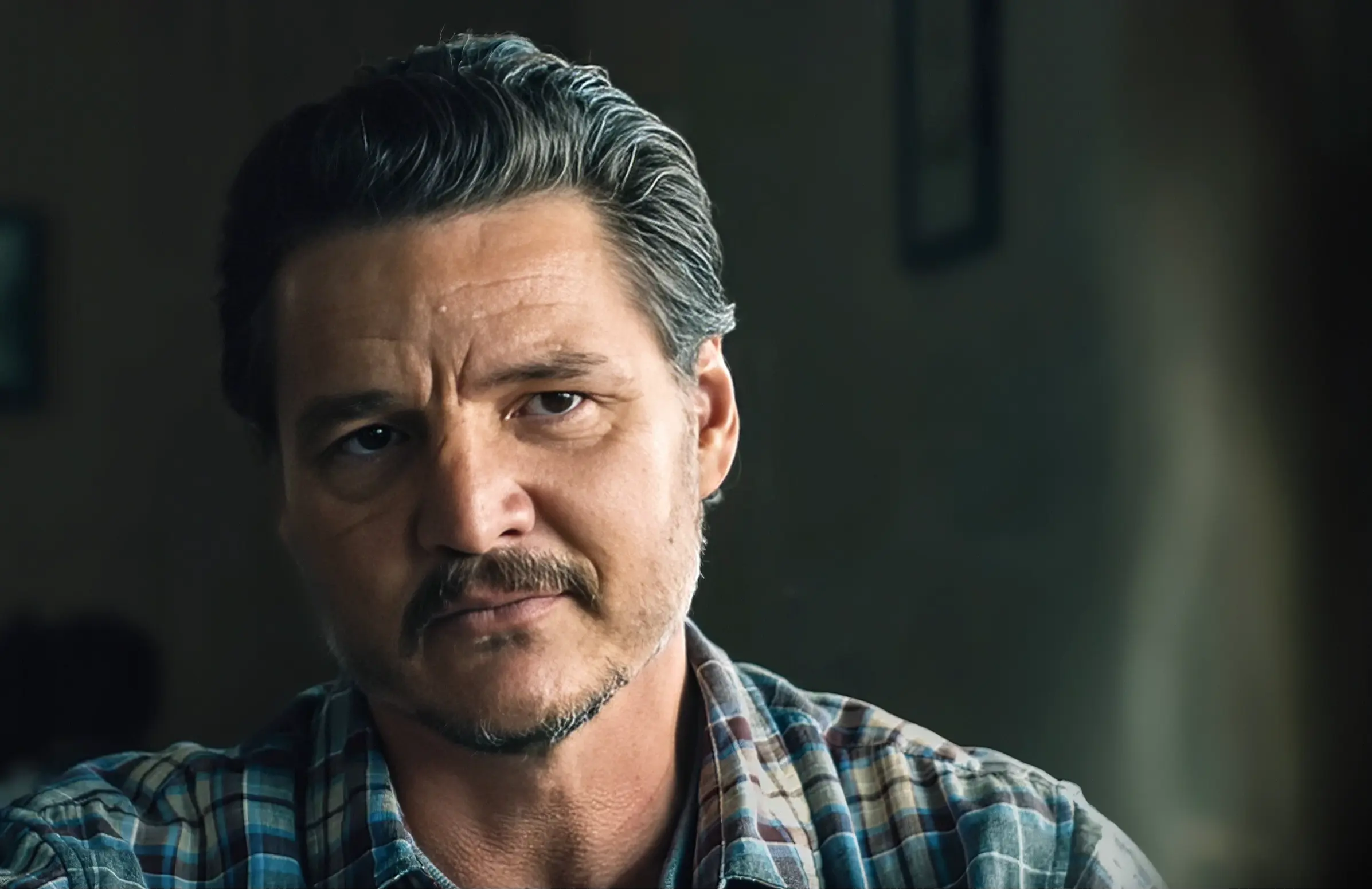The Last of Us loses viewers following the major character death of Joel in Season 2
-
 Pedro Pascal, 2024. © Lionsgate /Courtesy Everett Collection
Pedro Pascal, 2024. © Lionsgate /Courtesy Everett CollectionSince its 2023 debut, HBO’s The Last of Us has set the bar for video game adaptations, blending heartfelt character work with pulse‐pounding action. The series’ first season finale left Joel as both reluctant hero and emotional anchor, winning over critics and audiences alike. Expectations soared for Season 2 when it premiered on April 13, 2025, promising deeper character stakes and heavier thematic weight.
Yet just one week later, in the second episode “Through the Valley,” viewers were confronted with Joel’s shocking end at the hands of Abby—a faithful, if brutal, recreation of the game’s pivotal moment. Critics applauded the cinematic siege on Jackson but warned of the narrative fallout from killing a character so central, so early. Despite securing strong reviews for its direction and performances, Season 2 notably loses viewers following Joel’s death.
The golf‑club scene was as divisive as it was visually stunning, turning some fans into vocal detractors of the show’s creative path. While the series has always embraced unflinching storytelling, Joel’s death marks its most polarizing twist yet. As we unpack the numbers and the reactions, it’s clear this moment has reshaped how we talk about The Last of Us.
Viewership plummets after Joel’s death in The Last of Us
Joel Miller, portrayed by Pedro Pascal, has been the beating heart of The Last of Us since Season 1’s emotional debut. When Season 2 premiered on April 13, 2025, viewers expected more of Joel’s protective journey across a ravaged America. However, the shock came swiftly in Episode 2, “Through the Valley,” which aired on April 20, 2025, when Joel is ambushed and savagely beaten to death by Abby with a golf club.
The chilling scene unfolded in a deserted lodge just outside the fortified walls of Jackson, Wyoming, and was staged nearly identically to its game counterpart. According to Programming Insider, the The Last of Us Season 2 premiere drew 938,000 linear viewers in the United States, but the very next week only 643,000 fans tuned in—a staggering 31.5% drop.
Episode 3 saw a modest rebound to 768,000 viewers, yet that figure remained 170,000 short of the opener, reflecting a sustained decline in audience engagement On the critical front, The Last of Us' Rotten Tomatoes score slid to 49%, down 19 percentage points, while Metacritic ratings dipped from 6.3 to 4.1—another sign viewers were rethinking their commitment.
Joel’s role as the season’s de facto protagonist made his sudden exit feel abrupt for television audiences unfamiliar with the game’s narrative twist. This combination of viewer attrition and mixed critical scores paints a clear picture: the character death that fueled the game’s drama struck a nerve on the small screen.
Fan and critic reactions to Joel’s demise in The Last of Us
Social media erupted as audiences grappled with the sudden nature of Joel’s death, many noting that while the The Last of Us' video game had prepared fans for the moment, seeing it on screen felt ten times more visceral. One fan on X (@98Ngin) tweeted,
“they made it even worse in the show 😭😭 #TheLastofUs” highlighting how the adaptation amplified the brutality to unsettling effect.
Some observers reported shock not just at the violence, but at how Ellie’s helplessness was portrayed amidst the roar of her father figure’s final moments. Others argued that Joel’s demise arrived “so soon” in the season that it undercut the slow‑burn tension built in Episode 1 and left the narrative feeling unbalanced. Critics have lauded Kaitlyn Dever’s performance as Abby but suggest that the extended Jackson siege may have inadvertently distracted from the emotional core of Joel’s final scene.
In contrast, some note that placing such a headline‑grabbing death early in the season forces a revenge‑driven momentum that could deepen Ellie’s arc more quickly. Some think pieces, including an in‑depth New Yorker analysis, warned that The Last of Us risks trading nuanced world‑building for shock value in its quest to mirror the game’s dramatic flourishes.
Video essayists on YouTube dissected the scene shot by shot, praising the cinematography but questioning whether the showrunners lingered too long on gore at the expense of character resonance. Commentators pointed out that Joel’s death in the video game is contextualized by player choice, whereas on television it played more like an ambush, robbing viewers of the agency they felt during gameplay.
Despite these critiques, many agreed that killing Joel was necessary to stay faithful to the source and set Ellie’s vengeance arc into motion, a point echoed in mixed reviews across major outlets. The debate over timing, tone, and impact continues to fuel water‑cooler talk, with lovers of the show and the game alike analyzing whether this narrative gamble will pay off.
Ultimately, Joel’s death has emerged as one of the most dissected character moments of 2025 television, proving as divisive as it was inevitable.
As we move forward, The Last of Us Season 2 stands at a crossroads, challenged by steep viewer drop and polarized fan sentiment over Joel’s death. Whether this bold narrative choice ultimately enriches Ellie’s journey or alienates longtime viewers remains to be seen, but its impact is undeniable.
TOPICS: The Last of Us
- The Last of Us season 3 confirms release window, but unfortunately it's likely going to be the last chapter
- The Last of Us season 2 episode 6 preview teases that it isn't last of Joel yet
- The Last of Us season 2 episode 5 reveals an airborne threat more chilling than infected bites
- The Last of Us Season 2 quietly erased the most brutal revenge arc fans were waiting for